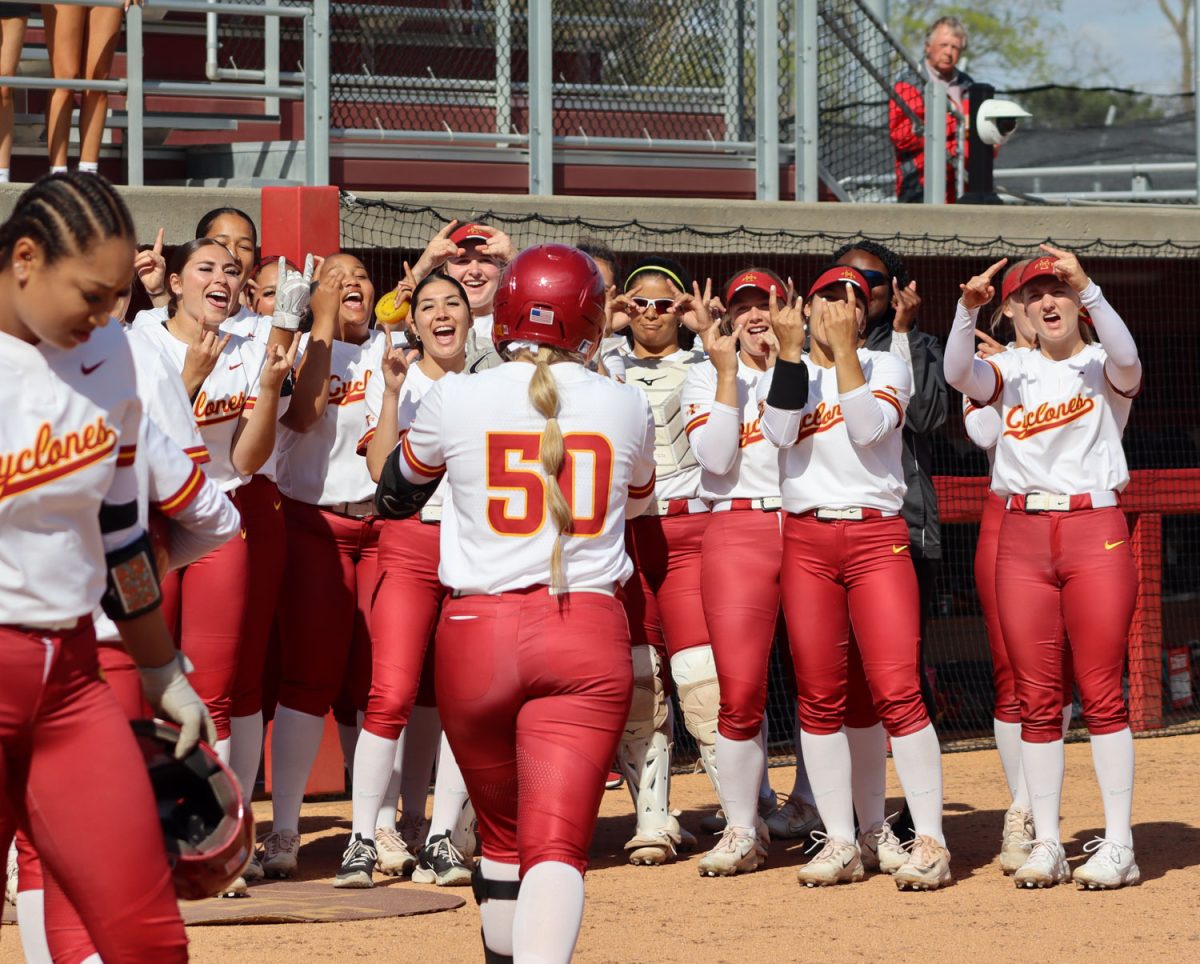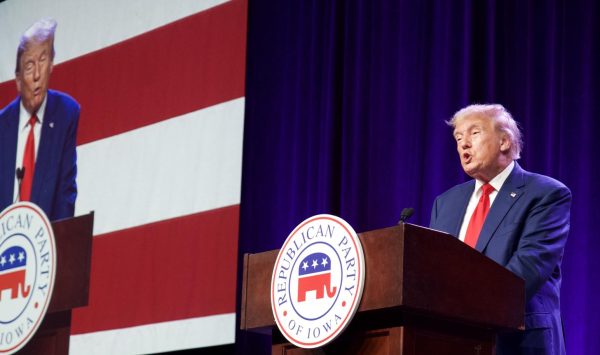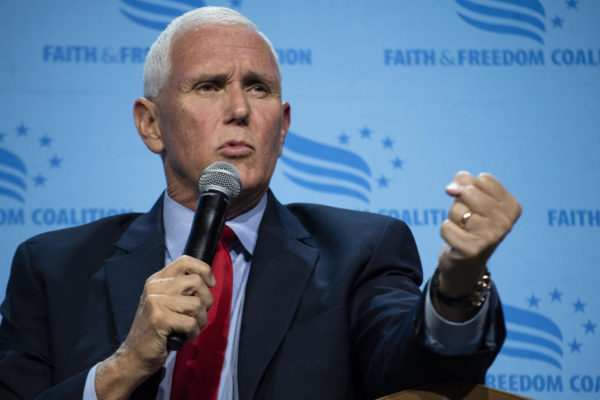After Minn. absentee ballot loss, Franken eyes options
November 30, 2008
ST. PAUL, Minn. (AP) — Minnesota’s U.S. Senate showdown is veering down a path toward the courts and possibly the Senate itself after a panel’s ruling on rejected absentee ballots dealt a blow to Democrat Al Franken’s chances.
For the first time, his campaign on Wednesday openly discussed mounting challenges after the hand recount involving Franken and Republican Sen. Norm Coleman concludes. That includes the possibility of drawing the Senate into the fracas.
The state Canvassing Board denied Franken’s request to factor absentee ballots rejected by poll workers into the recount. He sought to overturn the exclusions in cases where ballots were invalidated over signature problems or other voter errors. Coleman’s campaign maintained the board lacked power to revisit those ballots.
Franken entered the recount trailing Coleman by 215 votes out of 2.9 million ballots. As of Wednesday night, Coleman was up 292 votes, including results from Nov. 4 and recounted ones.
All told, 86 percent of the ballots have been recounted. However, about 4,740 ballots have been challenged by the two campaigns that could fall to the canvassing board to rule on.
The ruling wasn’t a complete victory for Coleman. The board left open the possibility of examining ballots that were set aside for errors outside of the voter’s control.
Secretary of State Mark Ritchie estimated that 12,000 absentee ballots were rejected for various reasons — some legitimate, some not. That represents between 4 percent and 5 percent of all the absentee ballots cast.
Franken’s campaign had made the push to factor in rejected absentee ballots key to its recount strategy, even going to court to force county officials to turn over data on voters whose ballots didn’t count.
Marc Elias, the legal chief for Franken, said the campaign won’t appeal the board’s ruling but it could seek intervention of another kind once the recount wraps up.
“Whether it is at the county level, before the Canvassing Board, before the courts or before the United States Senate, we don’t know yet. But we remain confident these votes will be counted,” Elias said.
The board’s decision drew a response from the Senate’s top Democrat, Majority Leader Harry Reid, who called it a “cause for great concern.”
“As the process moves forward, Minnesota authorities must ensure that no voter is disenfranchised,” Reid said in a statement. “A citizen’s right to have his or her vote counted is fundamental in our democracy.”
The Senate has in rare cases inserted itself into elections, including a 1996 Louisiana race and a 1974 New Hampshire contest. The body has the power to determine its members’ qualifications.
Along with the Dec. 2 runoff in Georgia, the Minnesota race is one of two unresolved contests and could determine if Democrats build a majority large enough to fend off GOP filibusters.
Coleman campaign manager Cullen Sheehan objected to the notion of Senate involvement. Senate Minority Leader Mitch McConnell joined in the criticism.
“The recount process in Minnesota is being handled by Minnesotans, not D.C. politicians,” McConnell said. “And while neither side will agree with every twist and turn or every decision, I would hope that Washington partisans would refrain from injecting themselves into what is, by design, a non-partisan process.”
The board’s vote followed a discussion where some members expressed frustration over the possibility that some ballots were disqualified improperly. But even they acknowledged the matter fell outside the board’s duties. Two Supreme Court justices, two district judges and the secretary of state make up the board.
Supreme Court Justice G. Barry Anderson said Franken’s request for an absentee ballot review would have to wait for a court challenge that is likely to follow the recount. The loser can file what is known as an election contest.
Board members agreed to seek legal advice and meet again soon to decide whether local election officials should sort through the rejected ballots. That would help determine whether any that were actually accepted didn’t get counted and whether any rejections fell outside the rules for disqualification. But the board didn’t address what would happen with those ballots.
Coleman attorney Fritz Knaak said the campaign would not take issue with the counting of absentee ballots that were wrongly disqualified or overlooked, but he said he thought that such ballots comprised “an extraordinarily small number.”














